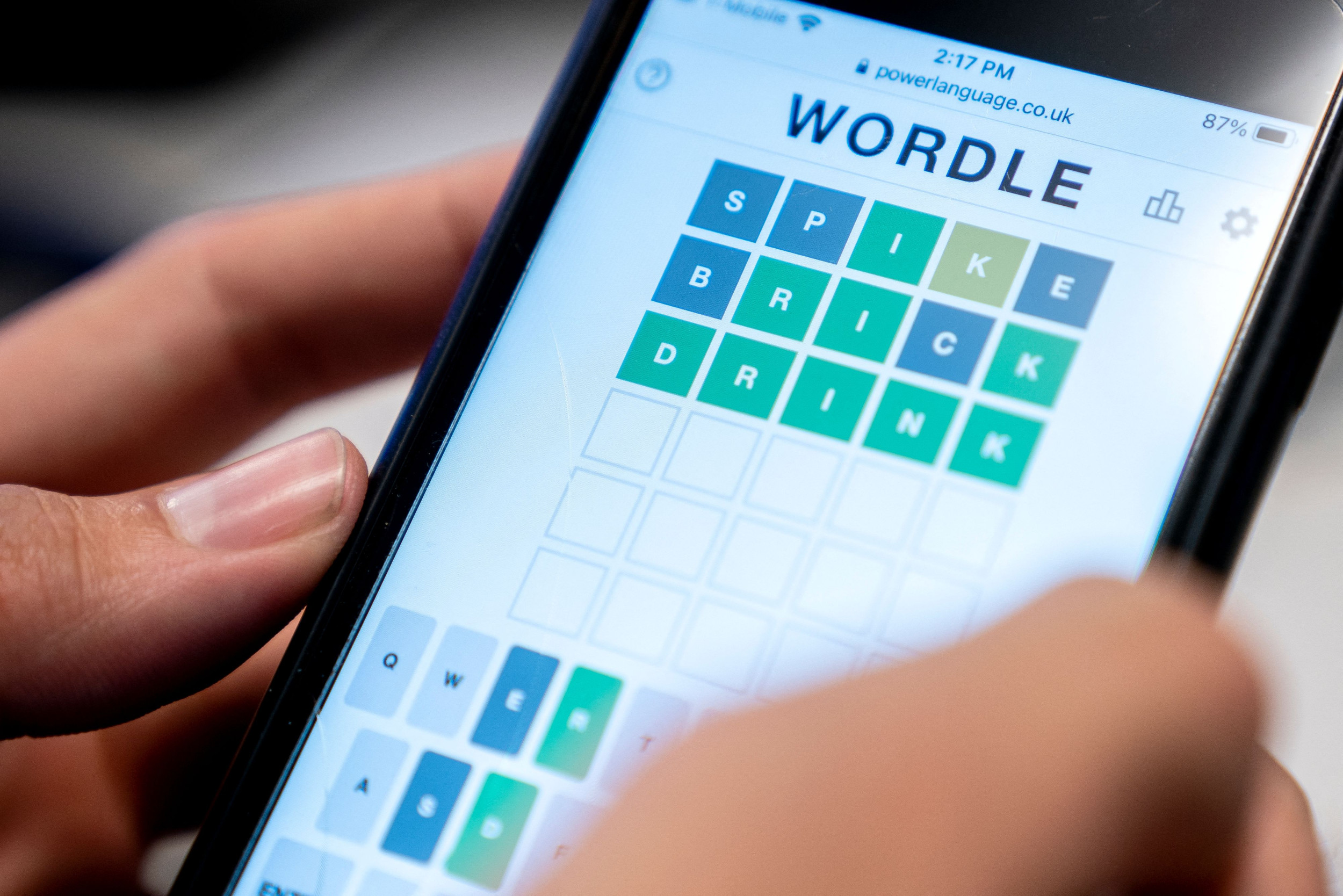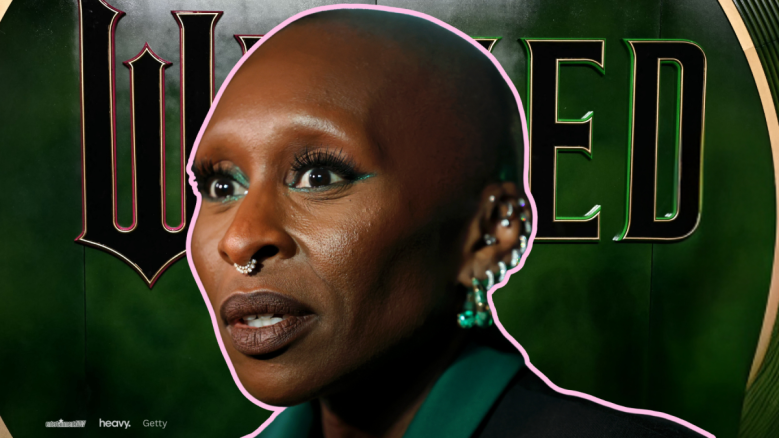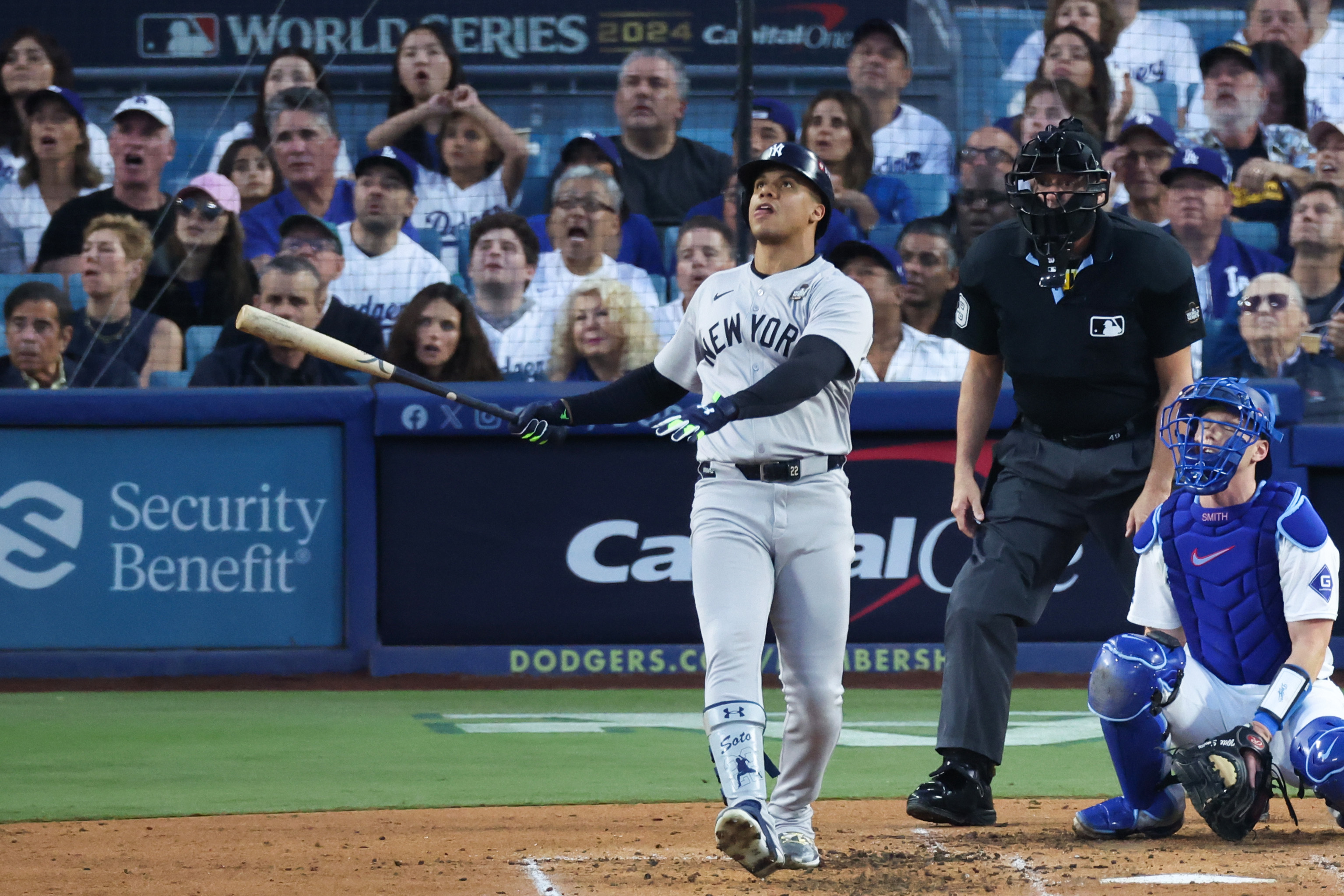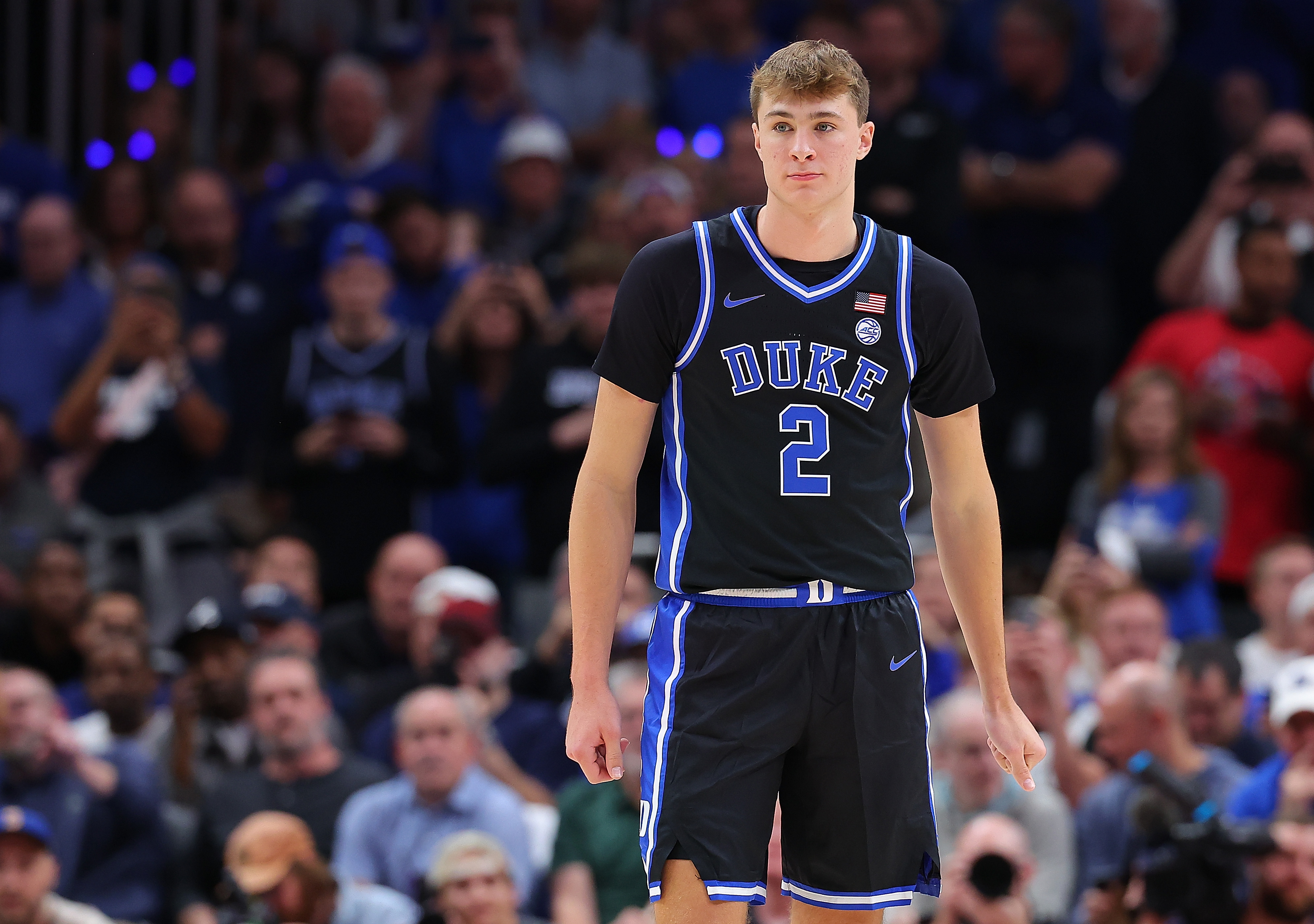Legal experts have raised concerns that special counsel for the U.S. Department of Justice Jack Smith overstepped his mandate with the latest evidence release in his pursuit of criminal charges against former President Donald Trump.
The Supreme Court earlier this year ruled that presidents have immunity related to "official acts" performed as part of their duties, leading Smith to reframe his case against Trump. Friday saw another release of evidence that may include redacted transcripts of grand jury testimony amid some 1,900 pages of documents.
The new filings targeted Trump for the same actions, but this time tied them to Trump, the presidential candidate—therefore, a private citizen—rather than Trump, the sitting president, to account for the new ruling.
CNN's legal expert Elie Honig made waves when he penned an op-ed for New York Magazine's Intelligencer in which he accused Smith of taking a legal "cheap shot" by refiling and announcing charges against Trump within 60 days of the election—a breach of Justice Department policy.

Honig, who previously served as an assistant U.S. attorney in New York and the attorney general of New Jersey, accused Smith of abandoning "any pretense" with the filing, saying that Smith will "bend any rule, switch up any practice—so long as he gets to chip away at Trump's electoral prospects.
Fox News legal expert Jonathan Turley, a law professor at George Washington University, told Newsweek that Smith engaged in the legal version of "shrinkflation," which would likely prove "insufficient" in the eyes of "many of the justices."
"There's two controversies that arose with the filing," Turley said. "One is a lack of substantiative charges: Many of these changes are rhetorical or cosmetic. He simply swapped out references to official conduct and insisted that these were all personal acts, the base allegations have not changed dramatically."
Turley named the second controversy as "the timing," noting that "any trial would occur in 2025...there was no reason to release this filing shortly before an election, and that's the view, not just—I was very critical when it was filed, but so was the CNN senior legal analyst, as was Harvard's Jack Goldsmith."
"This is criticism coming from across the political spectrum," Turley said, adding that he wouldn't characterize Smith's actions as election interference, but that he would say "the court made the wrong decision in releasing this...that it was unnecessary."
"Smith made it clear that he would he did not feel bound by that policy, and whether or not that's a binding policy or not, most prosecutors and judges would seek to avoid the appearance of interference," Turley said. "Particularly in a case like this one...where the release before the election was entirely gratuitous."
"The one thing missing here is the need for this, and also the court itself said that this was procedurally irregular, and one would think that having come to the conclusion ... the court would be cognizant of the obvious appearance to the public," Turley said, expressing disappointment that the court "yielded to the demand."

However, the opinion has not been universal: Gene Rossi, who racked up nearly three decades of experience at the U.S. Justice Department, pushed back on suggestions that Smith or Judge Tayna Chutkan have acted improperly.
"I respectfully disagree with Elie Honig," Rossi told Newsweek in a phone interview. "He's a friend of mine. It is not a cheap shot."
Rossi argued that Chutkan has "moved with alacrity because she says she's not going to slow down the case because of the election."
"She had briefings in August or September, which is plenty of time to raise these issues, and she's moving her case along as if Donald Trump were an average citizen," Rossi said.
"They are criticizing Judge Chutkin for treating Donald Trump just like everybody else," Rossi said. "If Donald Trump's name were not in the indictment, and it were John Doe, and the Supreme Court came down with the opinion on July 1, she would have had a briefing schedule by the end of July."
"To say that she's interfering in an election, I think is unfair," Rossi said. "She's just treating her docket like she would with any other defendant, and what she's doing is applying the law without fear or favor and not giving any consideration to who the defendant is. We should commend her for that, not criticize so I respectfully disagree."
Rossi said any argument for election interference is "ephemeral" and "a political argument" since "there's no basis in the law, the statutes or the Federal Rules of Criminal Procedure that prevent her from doing what she has done."
"Justice delayed is justice denied," Rossi said. "And remember, the public has a right to a speedy trial...Judge Chutkan should be commended for treating Donald Trump just like everybody else."
The concern over releasing the documents relates to the potential impact on voters in what has continually proven to be a tightly contested election, with national average polling data finding around two and a half to three points between Trump and Democrat nominee Vice President Kamala Harris since the start of September.
Lee Miringoff, director of Marist College's Institute for Public Opinion, which runs the nationally-renowned polling department, told Newsweek that "there isn't much going to happen that's going to bolster the numbers in a dramatic way."
"I think the latest redo will be seen through the lenses of most of the people who have already decided what they're doing," Miringoff said. "I don't think it has the 2016 feel to it, but I think you really want to still have the last story be a good story."
"This is sort of part of what the Trump campaign and the Trump persona has been about," Miringoff said.
"I do think there's a marginal difference in the close race that could have some impact, but not the kind of redirection of large numbers of people who already – some have already voted, and some of whom, many of whom may already have decided where they're going with this thing."
"Everything is pretty well defined, but that doesn't speak to the issues of turnout in the base and you know, people who are getting exhausted by this," Miringoff said.




















 English (US) ·
English (US) ·